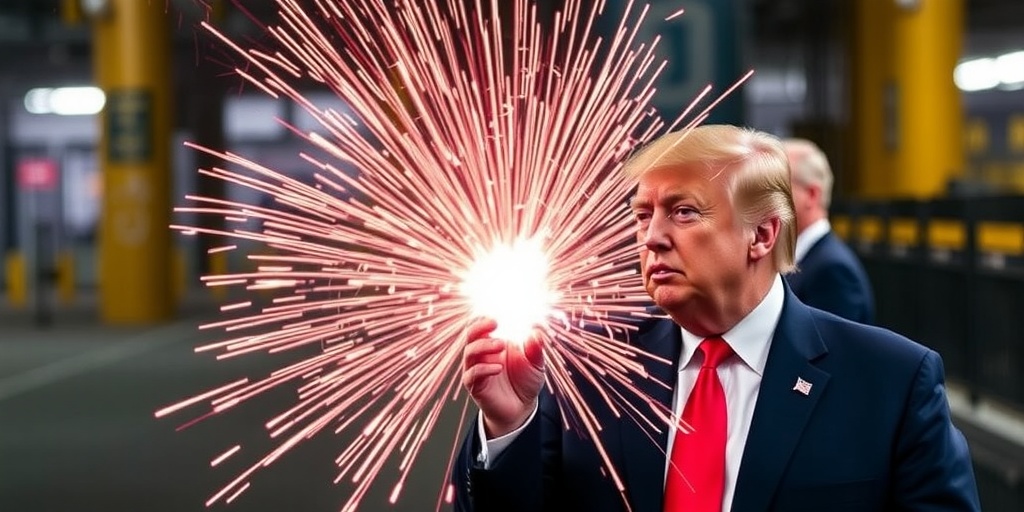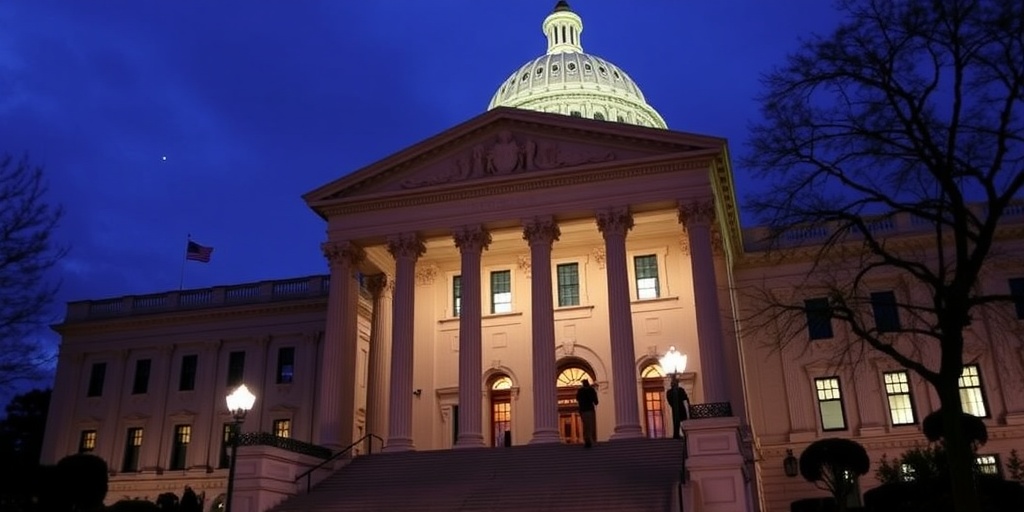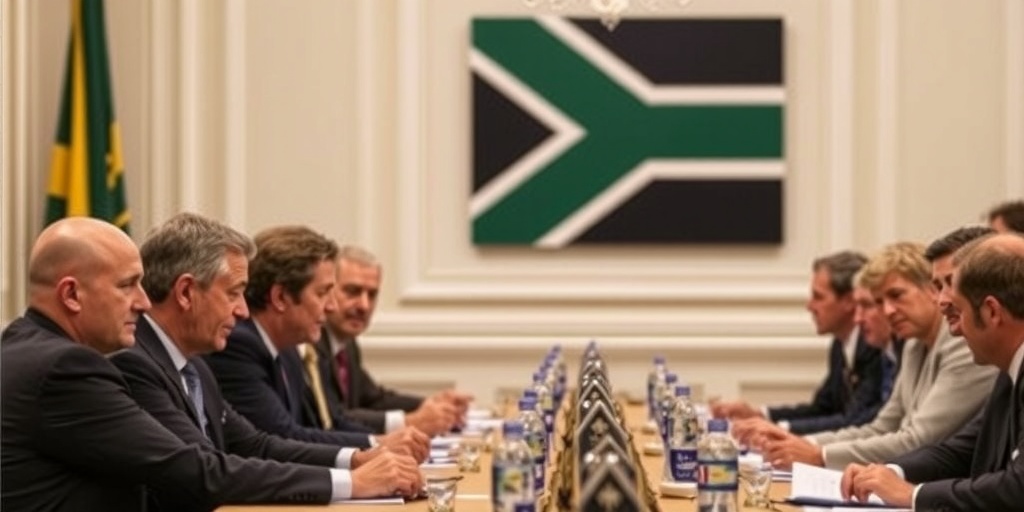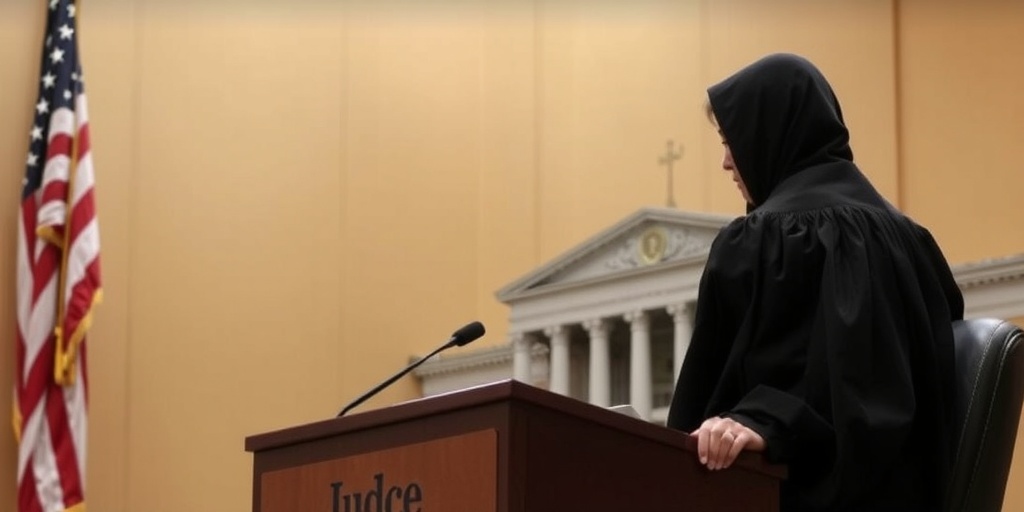Now Reading: Trump’s Washington: The New Rules Unveiled in Pentagon Nomination Clash
-
01
Trump’s Washington: The New Rules Unveiled in Pentagon Nomination Clash
Trump’s Washington: The New Rules Unveiled in Pentagon Nomination Clash
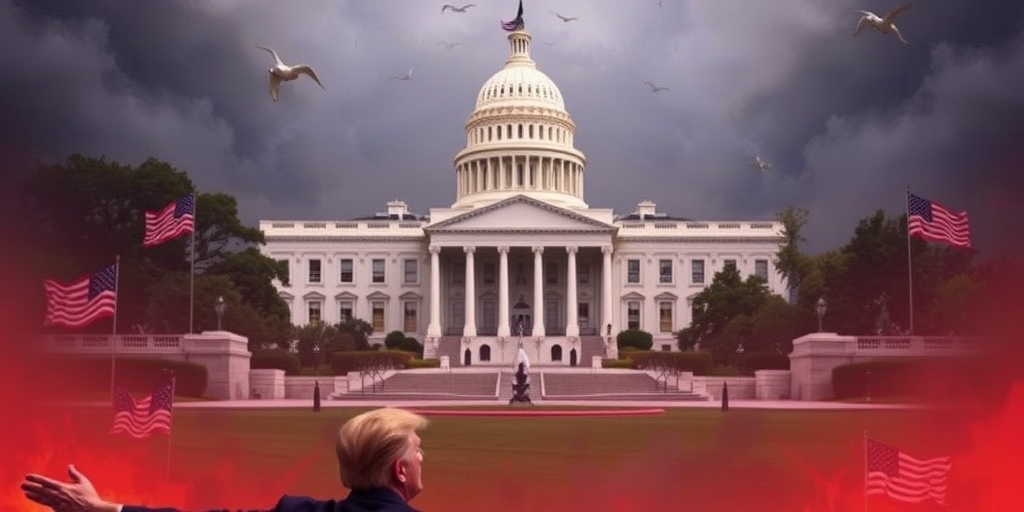
Elbridge Colby: A New Voice in Trump’s Foreign Policy Landscape
Elbridge A. Colby might appear an unlikely ally for former President Donald Trump considering his background, deeply rooted in the traditional foreign policy establishment that Trump often criticizes. At 45 years old, Colby is the grandson of former CIA Director William Colby and educated at prestigious institutions like Groton, Harvard, and Yale Law School. Throughout much of his career, he has worked in a bipartisan manner on crucial national security concerns such as nuclear strategy, China’s military advancements, and space commercialization.
When President Trump nominated Colby for a prominent role at the Pentagon, the pushback came not from Trump’s supporters but rather from the dwindling faction of traditional Republican foreign policy hard-liners. This unexpected opposition gave Trump’s base reason to rally behind Colby, viewing his confirmation as a potential means to assert dominance over these traditionalists within the party.
Charlie Kirk, a right-wing commentator, framed Colby’s nomination as an extension of a supposed deep state conspiracy against Trump. Meanwhile, Donald Trump Jr. expressed that any Republican opposing Colby was standing against the Trump agenda. Even tech mogul Elon Musk chimed in, pondering the reasons behind the backlash towards Colby. Senate votes on his nomination were anticipated soon after.
Despite his significant experience, Colby is relatively unknown outside of Washington think tanks. The role he is set to fill—undersecretary of defense for policy—is pivotal but lacks the visibility that usually ignites public passion. The debates surrounding his nomination reflect larger struggles over America’s global influence and are further complicated by Colby’s willingness to align with some of Trump’s more controversial claims, including his unfounded assertion that he won the 2020 election.
The events surrounding the January 6 Capitol riot significantly impacted Colby’s standing within the national security community. Although he was not a supporter of Trump initially, his decision to refrain from signing “Never Trump” letters in 2016 allowed him to be considered for a top Pentagon position. In 2017, he was instrumental in drafting the Trump administration’s National Defense Strategy, which critiqued the previous two decades of military conflict while emphasizing the rise of adversaries like China and Russia.
Following a year at the Pentagon, Colby rejoined the Center for a New American Security, where he advocated for a shift in U.S. military focus from the Middle East to preparations against potential conflicts with China, particularly over Taiwan. He consistently warned of an impending war, stating, “The war could happen at any time. Nobody knows.”
After the fallout from the Capitol attack, Colby’s relationships within the think tank community began to fray. Colby publicly supported Senator Josh Hawley’s decision to contest the 2020 election results, arguing his position was a voice for the disenfranchised. However, after the Capitol riots, he faced backlash for his alignment with those propagating the narrative of a stolen election, earning criticism from former allies who felt betrayed.
Not long after the riots, Colby shifted from publishing detailed research papers to more provocative social media posts. While some colleagues continue to admire his analysis on military strategy, many have distanced themselves from him since January 6, marking a noticeable shift in their professional relationship.
Colby’s appearance on Tucker Carlson’s show, shortly after Trump’s 2024 election victory, showcased his need to position himself firmly within the pro-Trump narrative. He discussed the importance of re-evaluating the U.S. military strategy, emphasizing preparation for possible conflicts with China and cautioning against the traditional military presence in Europe and the Middle East. During this conversation, Colby and Carlson criticized the U.S. foreign policy elite, blaming them for a series of costly wars and economic failures.
As he moves through this landscape, Colby’s Senate confirmation hearing served as a litmus test for potential bipartisan cooperation in foreign policy amidst the Trumpian chaos. Notably, Vice President JD Vance introduced him as a forward-thinking individual capable of crossing party lines.
However, Colby’s responses during the hearing illustrated the complex terrain he navigates. When pressed by Democratic senators regarding Putin’s actions in Ukraine, he refrained from a direct answer, citing the need for “delicate” diplomacy. Meanwhile, Republicans challenged Colby on his past stances regarding military doctrine and foreign policy strategies.
Despite the tense atmosphere and partisan divides, Colby maintained his focus on prioritizing the growing threat from China. His core message emphasized the necessity for the Pentagon to make strategic decisions regarding its force allocations, compelling allies in Europe and the Middle East to step up their roles.
The three-hour hearing concluded with contentious discussions surrounding President Zelensky’s comments regarding the U.S.-Ukraine relationship. Colby’s interpretation of those remarks differed starkly from that of his Democratic counterparts, highlighting the polarized nature of current U.S. foreign policy debates.
In conclusion, Elbridge Colby’s nomination and the ensuing discussions reflect not only the complexities of his career path but also the broader ideological battles within American foreign policy. As he approaches a critical role in shaping defense strategies, his ability to reconcile the shifting narratives and realities of U.S. international relations will be closely scrutinized.
Stay Informed With the Latest & Most Important News
Previous Post
Next Post
-
 01New technology breakthrough has everyone talking right now
01New technology breakthrough has everyone talking right now -
 02Unbelievable life hack everyone needs to try today
02Unbelievable life hack everyone needs to try today -
 03Fascinating discovery found buried deep beneath the ocean
03Fascinating discovery found buried deep beneath the ocean -
 04Man invents genius device that solves everyday problems
04Man invents genius device that solves everyday problems -
 05Shocking discovery that changes what we know forever
05Shocking discovery that changes what we know forever -
 06Internet goes wild over celebrity’s unexpected fashion choice
06Internet goes wild over celebrity’s unexpected fashion choice -
 07Rare animal sighting stuns scientists and wildlife lovers
07Rare animal sighting stuns scientists and wildlife lovers













